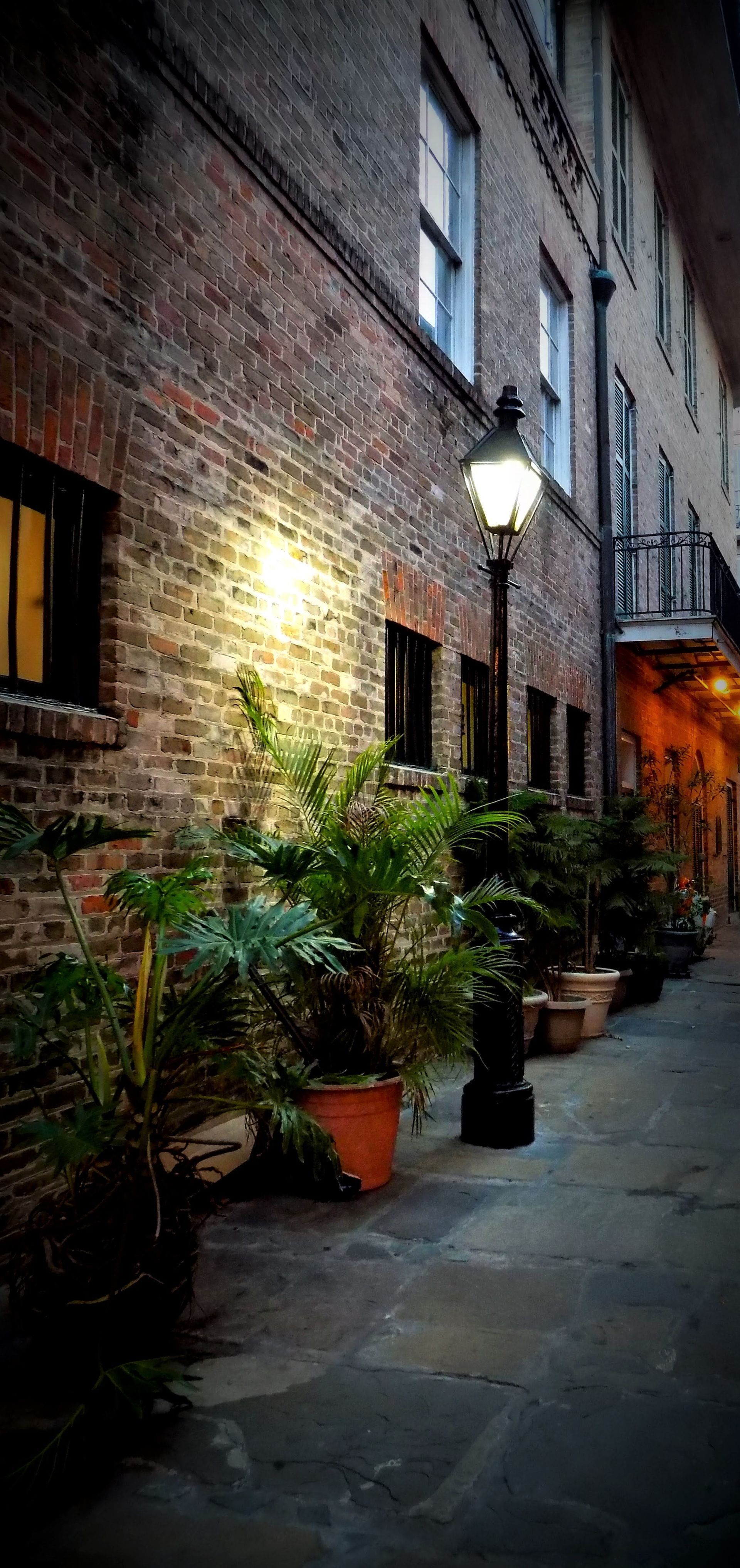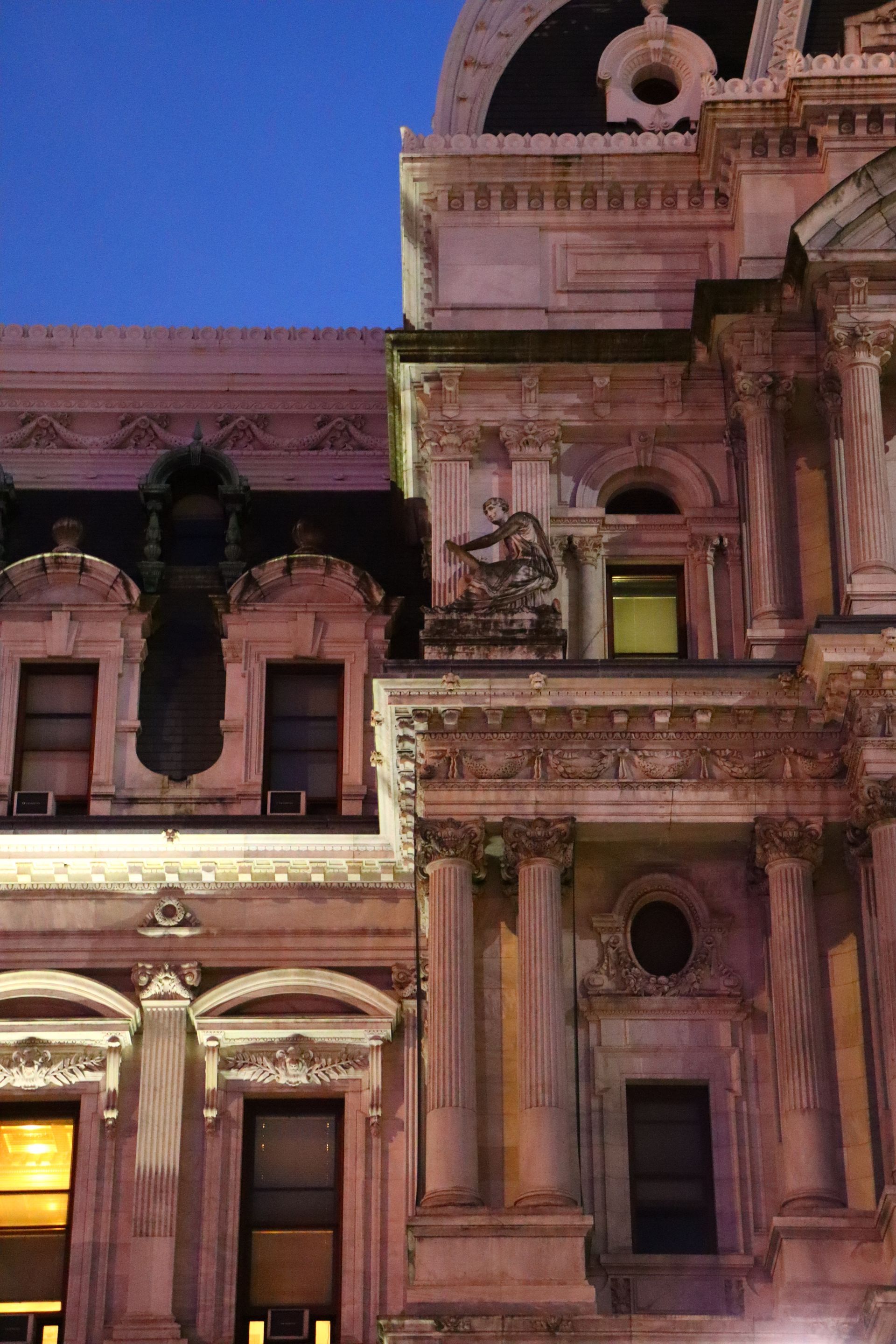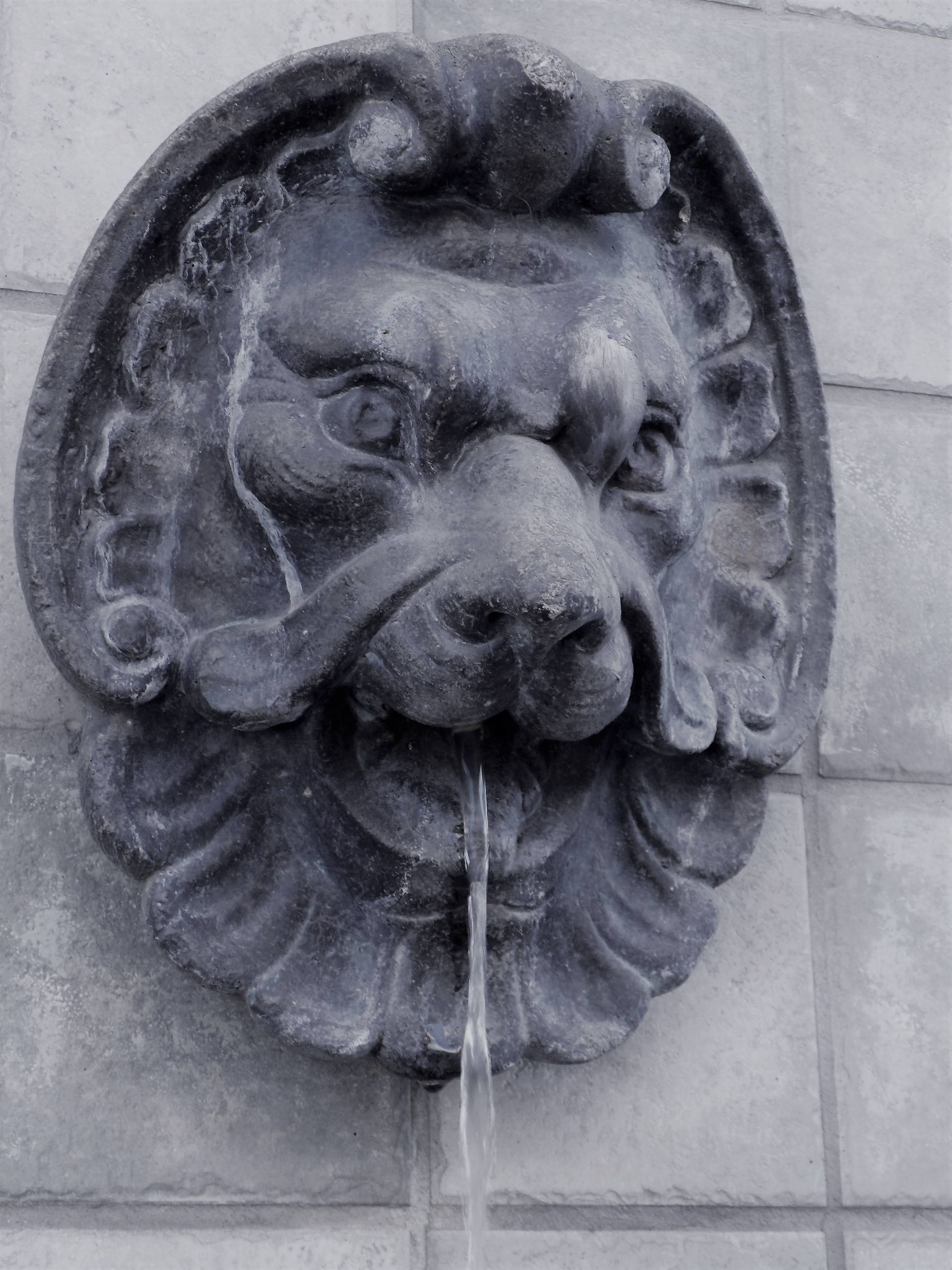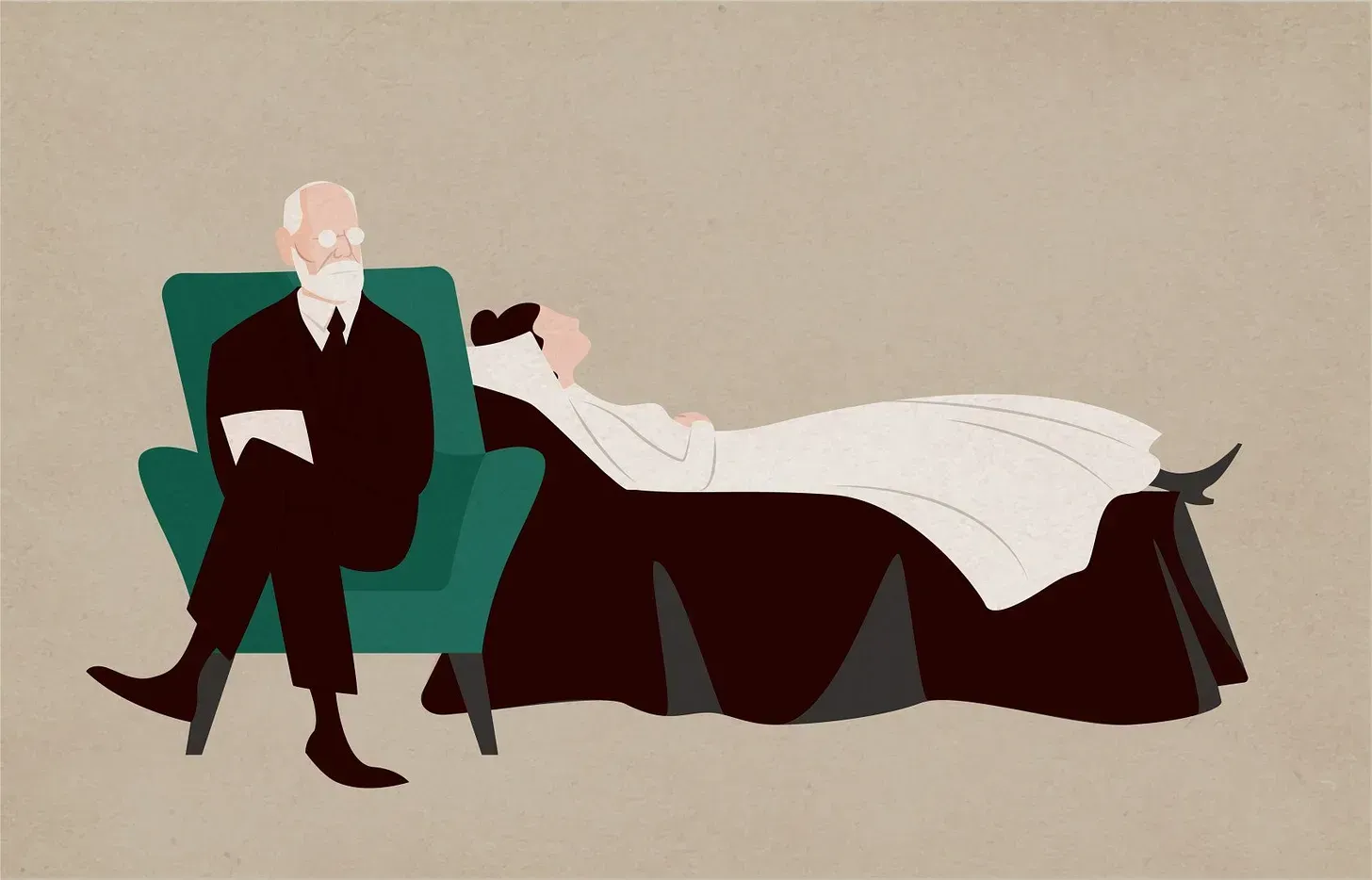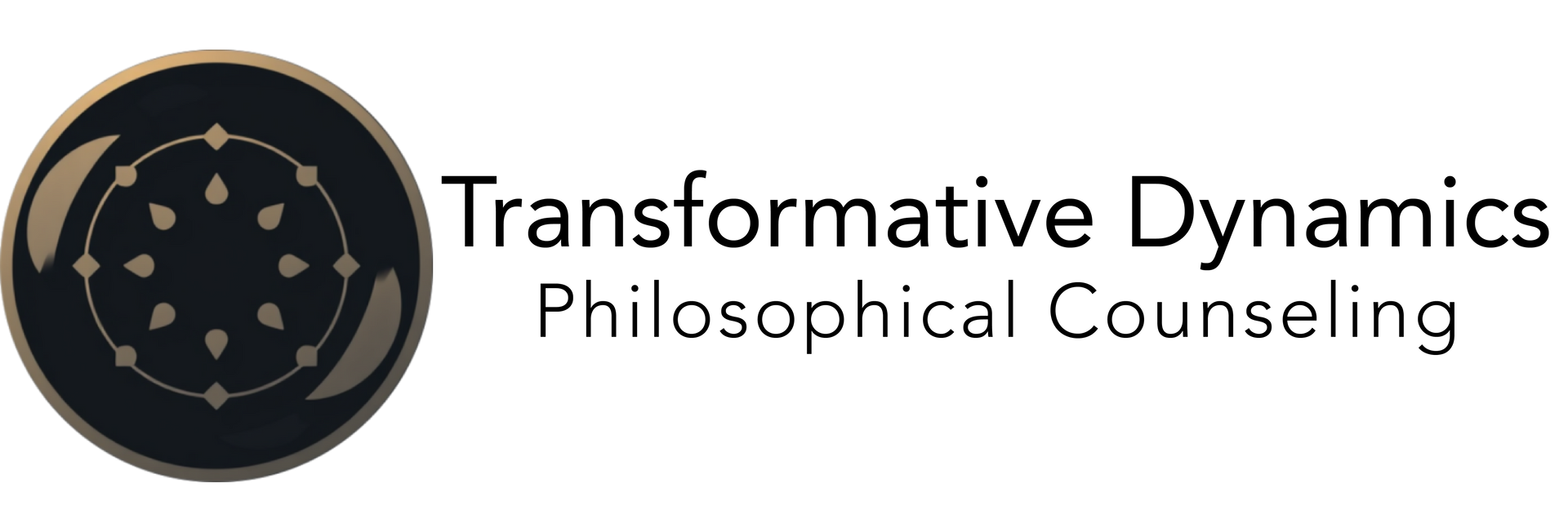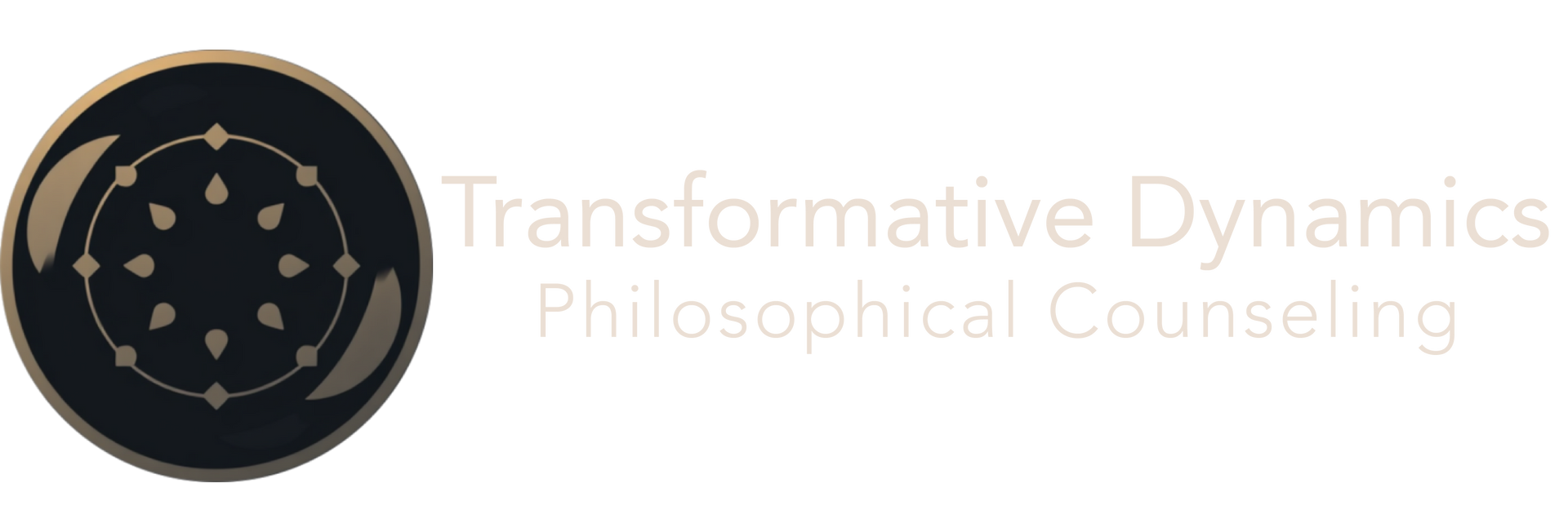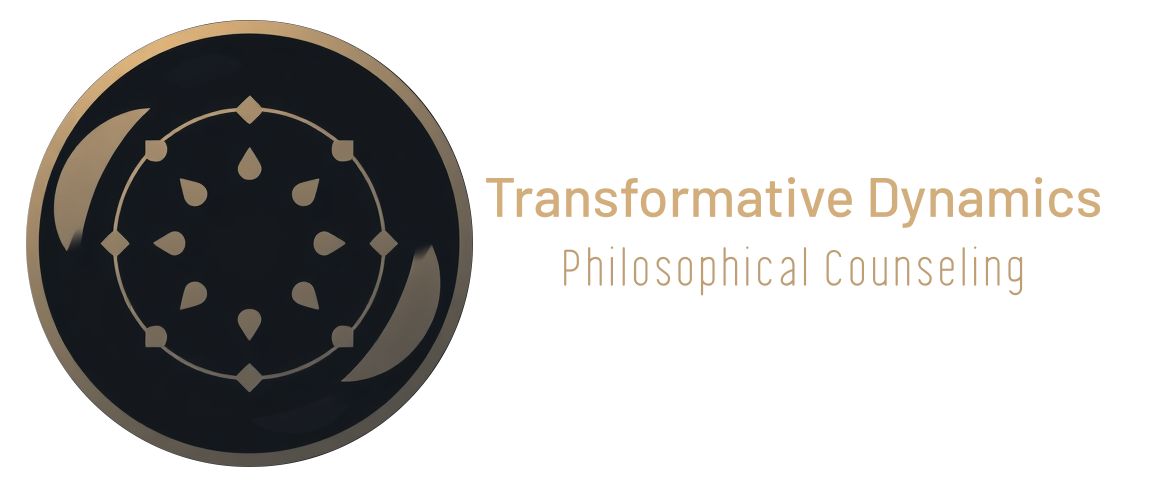Forgiveness
David Whyte's essay, "Forgiveness," (from his collection Consolations) beautifully states: "To forgive is to assume a larger identity than the person who was first hurt, to mature and bring to fruition an identity that can put its arm not only around the afflicted one within but also around the memories seared within us by the original blow, and through a kind of psychological virtuosity extend our understanding to one who first delivered it.”
While I intellectually grasped this years ago, it wasn't until recently that I truly felt and lived it. I forgave someone I never thought I could. There was no dramatic reconciliation or admission of wrongdoing on their part. Many might question the point of forgiveness if the transgressor remains unaware.
But I finally accepted that this person would never understand or acknowledge the hurt they caused. My liberation came from realizing forgiveness isn't about the other person. The initial wound aside, their awareness, acknowledgment, or even presence isn't required for forgiveness to arise.
For years, I clung to the belief that forgiveness hinged on their apology and recognition of my pain. But I eventually understood that forgiveness was my responsibility to grant or withhold. Waiting for their "I'm sorry" was like expecting a knife to apologize for being sharp – both are simply acting in their nature.
Humans, unlike knives, have the capacity for self-recognition and agency. Yet, how we interpret our actions and their consequences is often based on the narratives we construct to justify them. I had unknowingly built a story-within-a-story: the original wound, and then the condition that forgiveness required a specific acknowledgment, or a "magic sequence of words."
As this outer story unraveled, I confronted the inner narrative it was protecting—a self-identity built around the wound that had become too restrictive for the person I was becoming. I had forgotten the very first act of embodied will we all learn: to release the reflexive grip and let go. Infants grasp instinctively, but consciously learn to release.
The moment I remembered I could let go, expansion happened. I grew beyond the boundaries of the original wound, choosing to expand where the scar tissue met sensation.
Whyte elaborates: “To forgive is to put oneself in a larger gravitational field of experience than the one that first seemed to hurt us. We reimagine ourselves in the light of our maturity and we reimagine the past in the light of our new identity; we allow ourselves to be gifted by a story larger than the story that first hurt us and left us bereft.”
The expansiveness of forgiveness embraces healing, letting go, and living in the past, present, and future simultaneously. It involves understanding that the person who wounded us often remains within the limitations of their own actions. Crucially, forgiveness does not excuse their behavior.
Furthermore, forgiveness isn't "rising above" a wound; it's "expanding beyond" it—making ourselves bigger than the hurt and the person who inflicted it. Like a tree exposed to fire, a charred ring remains beneath new layers of growth. "Rising above" is a misnomer, implying the pain is left behind rather than integrated within us.
Physical healing doesn't erase scars; it incorporates them. Similarly, emotional forgiveness is liberating, offering more freedom than before. We exist and move differently, encountering new paths. To forgive, we must accept what we can and cannot control, and establish the boundaries necessary for healing and expansion. This is our greatest defense against future injury. Forgiveness is informed vulnerability: understanding past vulnerabilities while embracing vulnerability anew to process pain and accept our initial susceptibility.
To expand, we must let go. To let go, we must expand. This isn't a paradox, but a necessary duality. Letting go and expansion occur simultaneously and transformatively; one cannot happen without the other. To grasp, we first open our hand; to open our hand is to release what we were holding. If you're looking to let something go, or need some help or guidance through the process of expansion, consider scheduling a free consultation with me to explore the possibilities that philosophical counseling may open for you.

